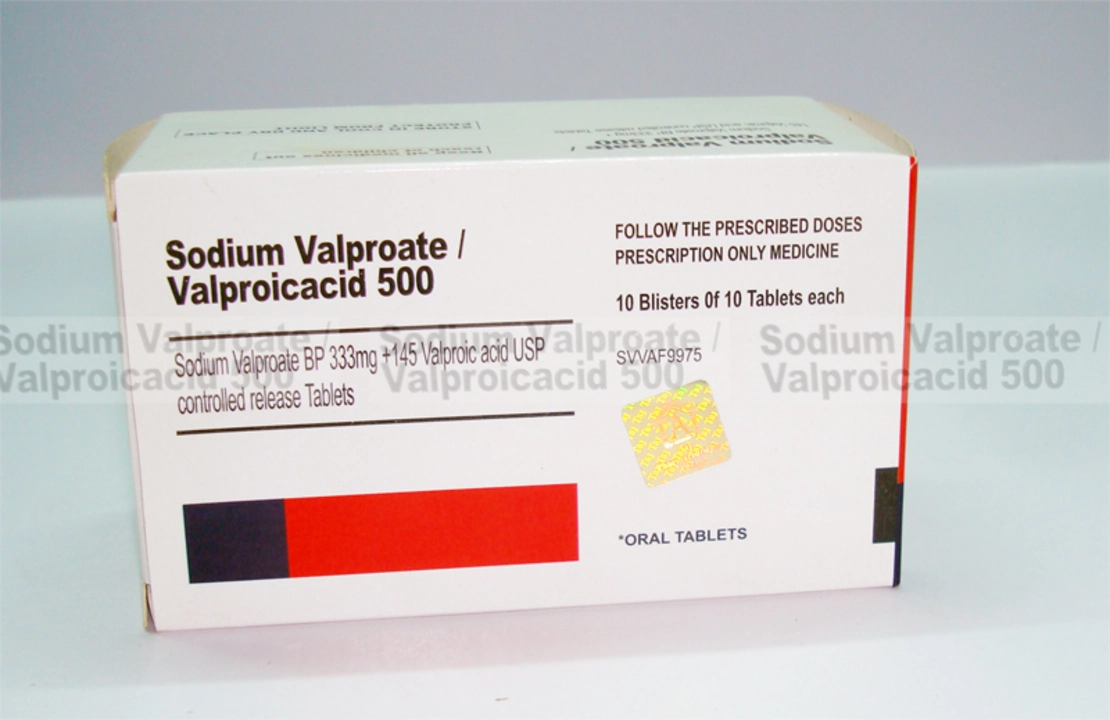Anticonvulsant Medicines — what they do and how to handle them safely
If you or someone you care about takes an anticonvulsant, you want clear, useful advice — not medical fluff. Anticonvulsants are drugs that reduce or stop seizures. Doctors also use many of them for mood disorders, nerve pain, and migraines. They work differently, so the right one depends on the condition, age, and other meds you take.
Common anticonvulsants and what they treat
Some names you’ll see a lot: valproate (valproic acid), carbamazepine, lamotrigine, levetiracetam, and phenytoin. Valproate is effective for many seizure types but has big risks in pregnancy. Lamotrigine is often chosen for focal seizures and bipolar depression, and it needs slow dose changes to avoid a rash. Levetiracetam is popular because it has fewer drug interactions and is easier to manage in many patients. Carbamazepine treats focal seizures and some types of nerve pain but can affect blood counts and liver tests.
Doctors pick a drug based on seizure type (focal or generalized), other health problems, and side effects you can tolerate. If you’re switching meds or adding one, expect monitoring: blood tests for liver function, blood counts, or drug levels for some medicines.
Simple safety rules you can use right now
Never stop an anticonvulsant suddenly. Stopping can trigger more frequent or severe seizures. If you need to stop, your doctor will taper the dose over days or weeks. Watch for side effects: dizziness, sleepiness, mood changes, skin rash, or unusual bruising. Tell your clinician right away about severe rash, new mood problems, or signs of liver issues (yellow skin, dark urine).
Check interactions before adding anything new — that includes over-the-counter meds, herbal supplements, and alcohol. Some anticonvulsants make birth control less effective; others (like valproate) increase risks to an unborn baby. If pregnancy is possible, talk with your prescriber about safer options and folic acid planning.
When you get blood tests, bring a list of all medicines. Labs help spot issues early and keep your dose in the safe range.
Buying meds online? Be careful. Only use pharmacies that require a valid prescription and list a verifiable business address and a pharmacist contact. Avoid sites that sell controlled meds without asking for a prescription or that promise unrealistically low prices. Look for clear shipping policies, secure payment, and privacy statements. If a site has no phone number, poor reviews, or uses shady domain tricks, don’t risk it.
Need help finding reliable information? Browse articles tagged "anticonvulsant" on BuyBestMeds.com for practical guides, safety tips, and user-focused reviews. And always run changes by your doctor or pharmacist — they know your history and can keep treatment safe and effective.






